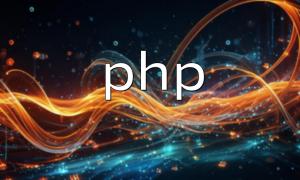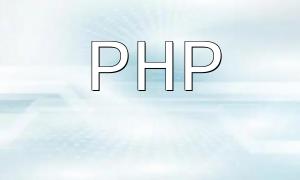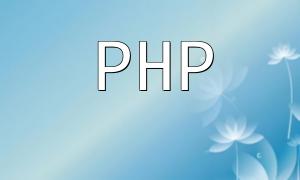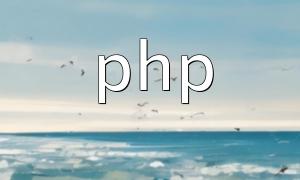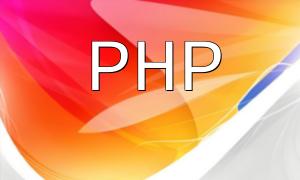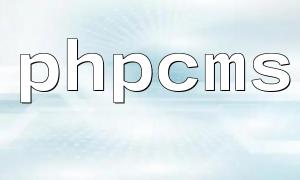In modern web development, PHP remains one of the most popular backend languages, and Git is the backbone of version control and project collaboration. Using Git effectively can greatly improve team productivity, maintainability, and project quality. This article introduces advanced Git techniques that can enhance PHP project management and streamline teamwork.
Rebase is a powerful Git feature that allows developers to rewrite commit history before merging, keeping the repository clean and organized. With interactive rebase (
git rebase -i), you can reorder, combine, or remove commits to make your project history more readable and efficient.
Cherry-pick (
git cherry-pick) enables you to move a specific commit from one branch to another without merging the entire branch—ideal for selectively applying bug fixes or isolated features.
The command
git log --graphhelps visualize commit history, offering a clear overview of branch relationships and merges. Squash merges (
git merge --squash) combine multiple commits into one, simplifying the review process and maintaining a clean commit history.
Feature branches are useful for isolating new development work, allowing multiple developers to work concurrently without affecting the main branch. Topic branches are designed for specific issues or functionalities, helping organize code changes logically and making code reviews more efficient.
Pull Requests (PRs) are an essential collaboration tool that allows developers to propose changes, discuss them, and review code before merging. This process helps identify potential issues early, encourages constructive feedback, and maintains a consistent code style across the team.
Integrating Git with automated testing frameworks and Continuous Integration (CI) tools allows automatic testing and builds after each commit. Whether you use Jenkins, GitHub Actions, or GitLab CI, automation ensures that code quality and stability remain high throughout the development cycle.
GitHub Actions and GitLab CI/CD pipelines enable developers to define automation workflows such as testing, deploying, or sending notifications. By automating repetitive tasks, teams can focus more on core development while maintaining consistent delivery practices.
Adopting the right version control strategy is critical to team collaboration. As a distributed version control system, Git allows developers to work locally and even offline, offering greater flexibility compared to centralized systems like SVN. This approach enhances scalability and development independence.
Code review is vital for maintaining high-quality PHP projects. Teams should follow consistent review standards, use pull requests for all changes, and provide actionable feedback. Leveraging code review tools can further improve efficiency and foster a culture of quality and collaboration.
Git Flow and GitLab Flow provide standardized collaboration workflows, defining branch naming conventions, merge policies, and pull request procedures. Implementing these practices ensures consistency and reduces confusion across team members.
Integrating Git with project management tools like Jira or Asana enables better tracking of tasks, bugs, and user stories. By linking Git commits to specific issues, teams can maintain full transparency throughout the development lifecycle and monitor progress more effectively.
By mastering these advanced Git techniques, PHP development teams can achieve smoother collaboration, cleaner version control, and faster deployment, ultimately ensuring both code quality and development efficiency.
